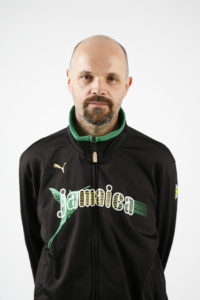Text: Laurent Fintoni
Photos: Courtesy of Vibronics
Steve Vibronics has been a key player in the UK dub scene for over the past 20 years. Emerging from Leicester as the man behind the Vibronics project, various singers and musicians have contributed over the years.
The self-styled ‘future sound of dub’, Vibronics has collaborated with Iration Steppas, Macka B, Ranking Joe, Brain Damage, and more and toured extensively across Europe and Asia. Ahead of Steve’s first ever North American appearance at Dub-Stuy’s Echo Chamber X and his remix versions of Bukkha and Madplate Sound “Obliterate” on the label’s forthcoming release, we caught up with the man over email for a chat about the roots and evolution of Vibronics and some of his work with Brain Damage.
Vibronics Remix on Obliterate SP. Out on Februrary 17. Listen & Preorder Vinyl

What initially brought you to music and in particular to dub?
I’ve always loved music, from a very young age. I started learning guitar when I saw my friends play in punk and new wave bands back in the ’80s. When I moved to Leicester, where I still live, you could hear dub playing all over and I just kinda fell in love with it, the bass, the message, the melodies and rhythms. All of it.
What is the creative process for Vibronics, in terms of personal contributions and workflow between the different members?
It’s me usually writing and mixing the music in my studio but I couldn’t do it without the amazing team I work with: singers, writers, horns players, percussionists. I am in a really fortunate position. sometimes a contribution from one of the artists I work with can send a production off in a totally different direction to the one I had envisaged, a horn riff, or a vocal melody can transform everything. I like to collaborate also with other producers and artists, just to keep busy and keep the ideas fresh.
What are some memorable moments for you from your catalog, in terms of collaborations or certain tracks that might stand out?
So many to chose from. As a life-long fan of reggae, to work with artists that I am a massive fan of can be an amazing experience. Working with Michael Prophet was incredible, his voice is still 100% even after all these years, and we ended doing some live shows together which has gathered a whole momentum of it’s own. The first releases were also amazing. When you can put your own record on the shelf with your classic vinyl, that’s a buzz for sure.
What’s the importance of performing live for you?
I love to take my music to the people. It’s of course a great way to get the word out about what you are doing, but it also keeps you connected with what crowds are into and any changes and developments in the scene. Reggae and dub are essentially dance music, so it’s important to keep them connected to the dancing massive.
Why did you set your label, SCOOPS?
I’ve always followed labels in all forms of music that I love, so to start our own was a kind of a logical step. Also, when you have a studio that is always busy creating new material, you need a way to get it out to people.I still work with many other labels, but SCOOPS is really well established now and it’s continually inspiring to see the love out there for the label.
With all the changes to the industry over the past 15 years, how do you keep the label going and what have been some of the most important lessons you’ve learnt?
Dub music has not changed so much, I think, so the label has not changed in the way I imagine other genre labels have had to adapt. People always have, and still do, buy vinyl dub records. Sure there is more and more interest in the digital side, but the core is still vinyl. DJing constantly is the best way to see what tunes are creating a vibe outside of the studio, and it’s these ones that I release.
You’ve collaborated a lot with French artists in the past few years. What was it that attracted you to the French scene in particular and what have these collaborations been like?
France is our next door neighbor, so in practical terms both countries have a lot to do with each other and exchange many aspects of life and culture. France was also the first country in Europe to really pick up on the UK dub sound that was happening in the ’90s so we were invited to France very early on, relationships were formed, and the rest just took off. Generally the projects have been fascinating where we all learn a lot and get to share our ideas and also our own audiences so if they go well they are a real win-win.
The Empire Soldiers album you did with Brain Damange has an interesting concept behind it. Where did the idea come from and how did you go about telling this story through the music?
That idea really came from Madu Messenger, he has an amazing knowledge of history, and in particular, the history of black people in Europe. Madu taught me a lot about these subjects which are really interesting, yet hardly known by people. When it came to create a concept for the album with Brain Damage, I proposed the idea to use these historical stories and then the project just grew from there, with contributions coming from artists that had family links to India, Senegal, Morocco and other old colonies that sent troops to World War I.
What is the relevance and importance of dub music today, especially with the rise of digital media and the changes to how music is consumed?
Dub music has been around a long time, it has survived vinyl, home-taping, CD, and download, so it has proven to be very resilient. Also, it has changed with technology and not remained stuck in the past in terms of how it sounds, so it manages to stay relevant for new generations of fans. Despite the big vinyl culture within dub, it’s still fundamentally about the music and it’s ability to make people dance at events, rather than being tied to a particular format, so as long as it remains fresh and interesting, then it will continue to thrive regardless of industry changes.
Vibronics makes his American debut on February 18 at Echo Chamber X alongside Dubamine and Dub-Stuy Sound. Listen to the forthcoming release, Obliterate SP by Bukkha & Moreplates Sound featuring Brother Culture and remix versions by Vibronics
